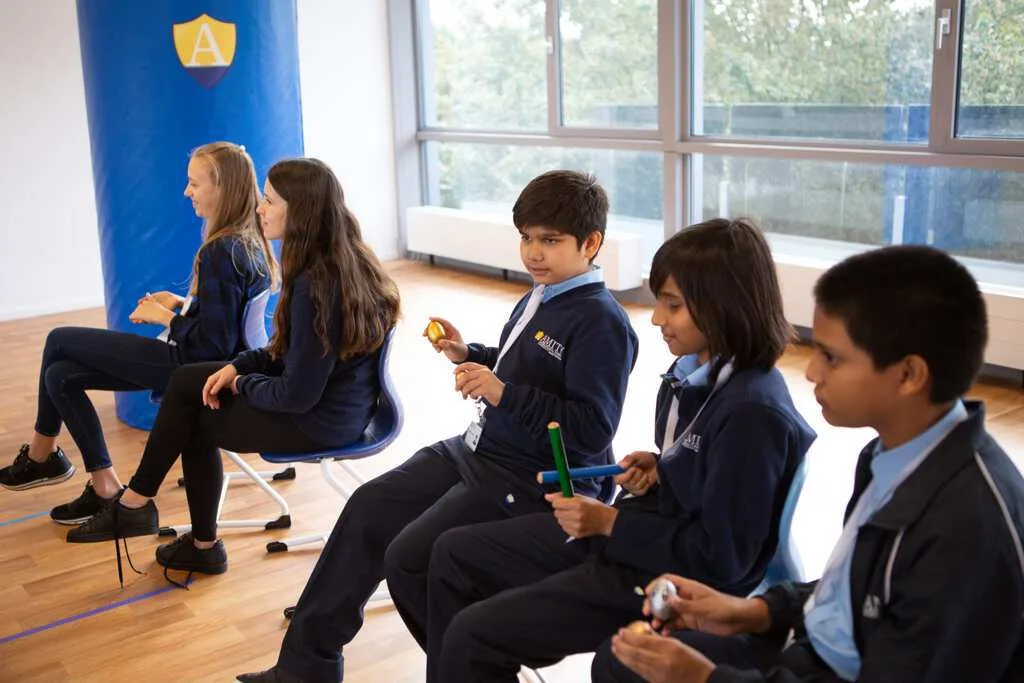
Image Source : Google
Middle school can be a challenging time for many students. It is a period of transition, both academically and socially. Students are navigating new classes, heavier workloads, and the awkwardness of adolescence. Building confidence during this time is essential for their overall well-being and success. With the right strategies and support, middle school students can transform from awkward to awesome.
One way to build confidence in middle school students is by encouraging them to set goals and celebrate their achievements. Setting goals gives students something to work towards and helps them develop a sense of purpose. Whether it's improving their grades, participating in a school club, or learning a new skill, setting and achieving goals can boost a student's self-esteem and confidence.
Another important factor in building confidence is creating a positive and supportive environment. Middle school students are highly influenced by their peers and the opinions of others. By fostering a positive atmosphere in the classroom and at home, we can help students feel more comfortable being themselves and taking risks.
Providing opportunities for students to showcase their talents and strengths is also crucial in building confidence. Middle school is a time when students are discovering their interests and talents. Whether it's through sports, music, art, or other extracurricular activities, encouraging and supporting students in pursuing their passions can help them build confidence in their abilities.
Middle school students also benefit from positive role models and mentors who can guide and inspire them. Having someone they admire and look up to can boost their confidence and provide them with guidance and support. Teachers, coaches, and other adults in their lives can serve as mentors and role models, offering advice, encouragement, and a listening ear.